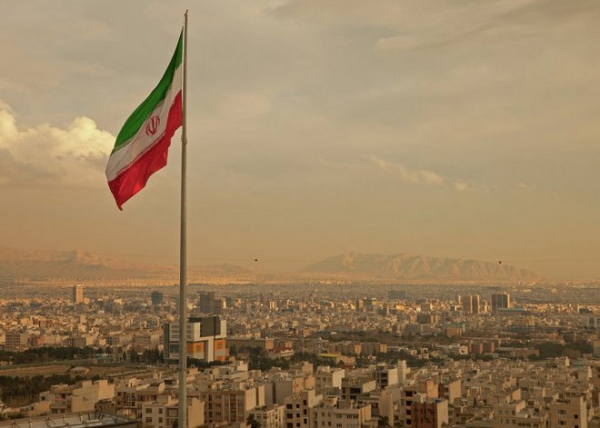Tehran, Iran, June 22
By Mehdi Sepahvand – Trend:
In the past few days, Iran has seen some major reshuffles at the sub-ministerial levels. And there seem to be more changes to follow up.
As the most recent example, the country’s Prosecutor General Mohammad Jafar Montazeri said June 22 that a series of changes “are needed” in the General Prosecutor's Office.
“Currently, based on circumstances and opportunities, some revisions have to be made. The proposal for the change has been sent to the Judiciary and we are waiting for the answer,” he said.
Montazeri was himself appointed to the position in April.
The announcement came in the same week that Foreign Minister Mohammad Javad Zarif made some changes at his office as well. He removed his Arab and African affairs deputy Hossein Amir-Abdollahian from the post and put then-spokesman Hossein Jaberi Ansari in his place.
Amir-Abdollahian was said to have been a great foothold for the more military-minded, IRGC-affiliated influential figures, and used to have been pursuing a steadfast policy vis-à-vis the Syrian crisis as Iran’s representative in related talks with other countries.
His successor, however, is said to have more global and open views and his tenancy is expected to entail quite some shift in his department of the Foreign Ministry.
On June 15, Al-Monitor quoted sources who had met with Zarif in Oslo, as saying that the Iranian foreign minister had signaled that he has more authority on the Syria file than he has had until then, and that Iran may be prepared to show more flexibility to advance a political solution.
While in Oslo, Zarif met the US Secretary of State John Kerry, a major party involved in the Syrian talks.
Also a few days ago, Iran's Supreme National Security Council Secretary Ali Shamkhani was given the first-in-Iran title of military coordinator between Iran, Syria, and Russia, which supports the current Syrian government. The council is headed by president Hassan Rouhani.
Yet again, the Interior Ministry said June 21 that it was about to make some changes among governors-general.
“The number of the changes would be limited and they will be done gradually,” Deputy Interior Minister for Political Affairs Mohammad Hossein Moqimi said.
All the mentioned reshuffles should be seen as being on two opposite political directions in Iran. While the changes in the Judiciary and Interior Ministry are being pursued by their right-wing chiefs, the changes in the Foreign Ministry and Supreme National Security Council were rendered by Rouhani and his foreign minister, with much more reform in their blood than the first party.
This seems to be a domestic competition between the right and left. Choosing Abdolreza Rahmani Fazli as interior minister was an unconventional bonus that Rouhani gave to the conservative party when he took office.
Rouhani took the hardest blow from this choice when a number of angry students’ torching of the Saudi Embassy in Tehran went unheeded, at least during the night-to-dawn hours that the riot went on, with scant security forces unwilling to prevent damage to the diplomatic grounds.
That ruined the chances that Rouhani might put an end to years of fierce rivalry between Iran and Saudi Arabia, not least of all a major disagreement between the two regional powers over Syria.
Rouhani will be competing for his second term in the presidential office in about a year from now. That’s why he is suffering much media barrage from rivals and whatever political moves it takes to blow in the furnace of criticizing him.
Rouhani is severely limited in the scope of actions he could take in domestic affairs, with the two other branches, the judiciary and the legislative, as well as a whole gamut of influential ultra-governmental bodies playing their own tune. That is why up to now he put his greatest efforts into a nuclear deal with powers, and is now eyeing the Syrian issue as his other winning card.
Just this January he reaped the sweet fruit of his years-long talks with the P5+1 (the five permanent members of the UN Security Council plus Germany) in the form of the Joint Comprehensive Plan of Action, something that almost all agreed would secure his favor with Iranians for a second election.
However, the deal has not brought about much financial gain, as banking transactions with Iran are still impossible.
This has given his opponents a great platform to stage their criticism, so much so that some of them go as far as downplaying the gain to a mere populistic act with no real benefit for the nation.
This is where the Judiciary comes in to play. Recently a scandal broke out about some governmental officials receiving stupendously huge salaries. This also served as a great alibi for Rouhani’s opponents to cry out against corruption.
With that said, it seems Iran’s next year presidential campaign has already begun, with unprecedentedly deep and complicated dimensions as it appears by now.






